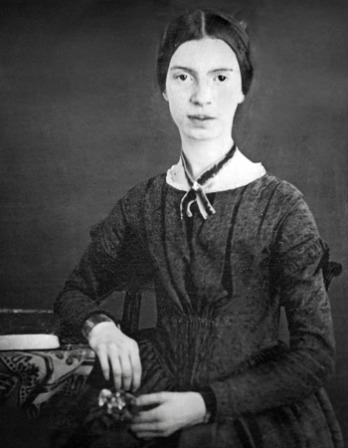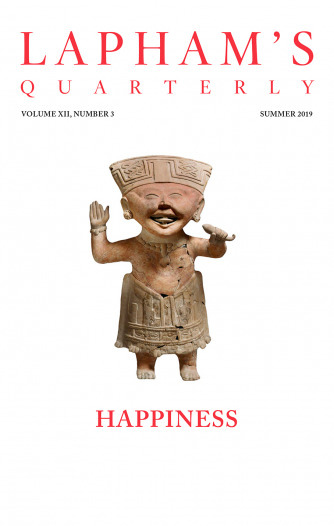
Francis Bacon
The Advancement of Learning,
1605
The Advancement of Learning,
The custody or retaining of knowledge is either in writing or memory; whereof writing hath two parts: the nature of the character, and the order of the entry. For the disposition and collocation of that knowledge which we preserve in writing, it consisteth in a good digest of commonplaces, wherein I am not ignorant of the prejudice imputed to the use of commonplace books, as causing a retardation of reading, and some sloth or relaxation of memory. But because it is but a counterfeit thing in knowledges to be forward and pregnant, except a man be deep and full, I hold the entry of commonplaces to be a matter of great use and essence in studying, as that which assureth “copia” of invention and contracteth judgment to a strength. But this is true, that of the methods of commonplaces that I have seen there is none of any sufficient worth; all of them carrying merely the face of a school and not of a world—and referring to vulgar matters and pedantical divisions, without all life, or respect to action. For the other principal part of the custody of knowledge, which is memory, I find that faculty in my judgment weakly inquired of. And therefore I make no more estimation of repeating a great number of names or words upon once hearing, or the pouring forth of a number of verses or rhymes extempore, or the making of a satirical simile of everything, or the turning of everything to a jest, or the falsifying or contradicting of everything by cavil, or the like, (whereof in the faculties of the mind there is great “copia,” and such as by device and practice may be exalted to an extreme degree of wonder), than I do of the tricks of tumblers, funambuloes, baladines; the one being the same in the mind that the other is in the body, matters of strangeness without worthiness.




